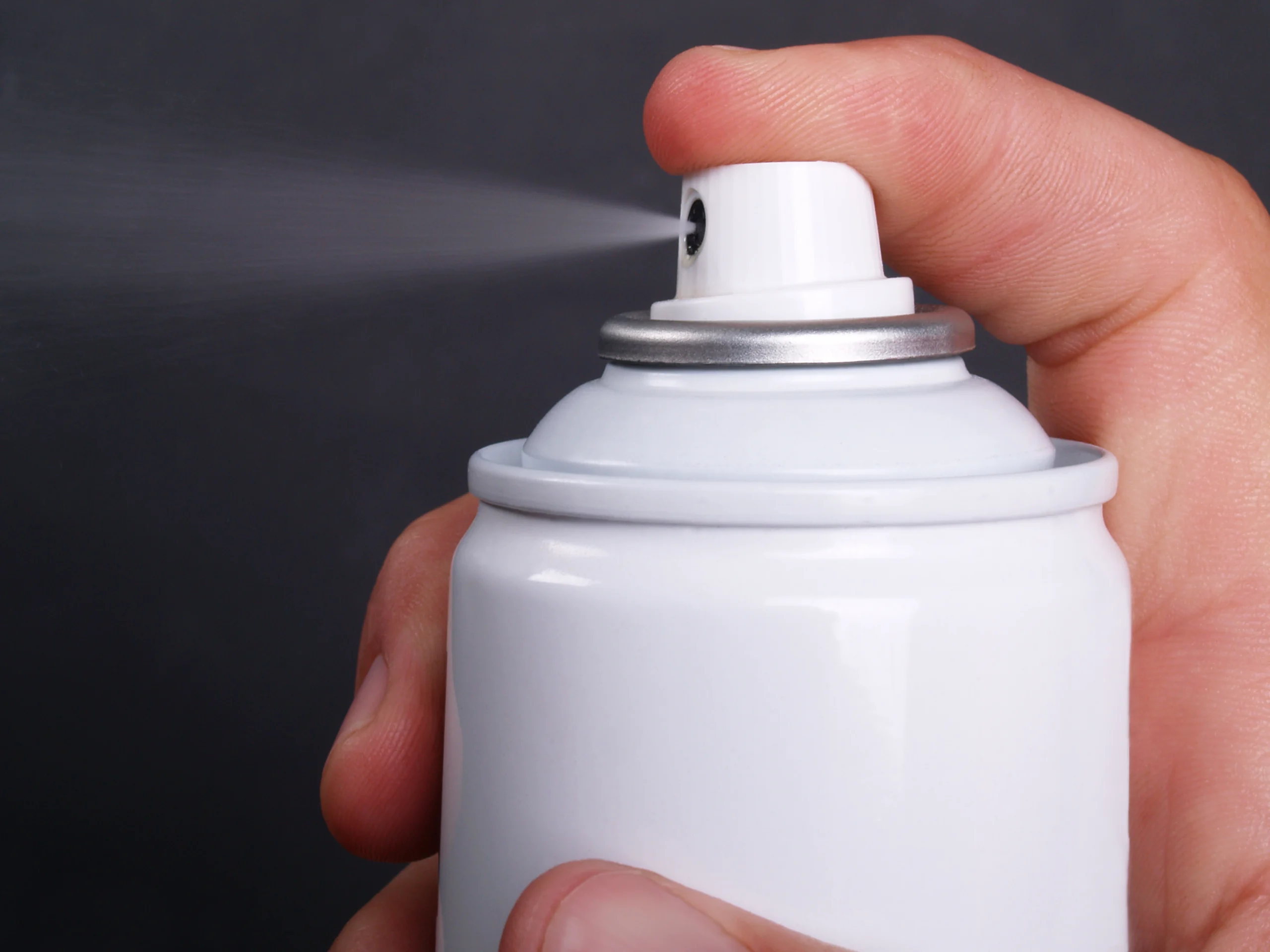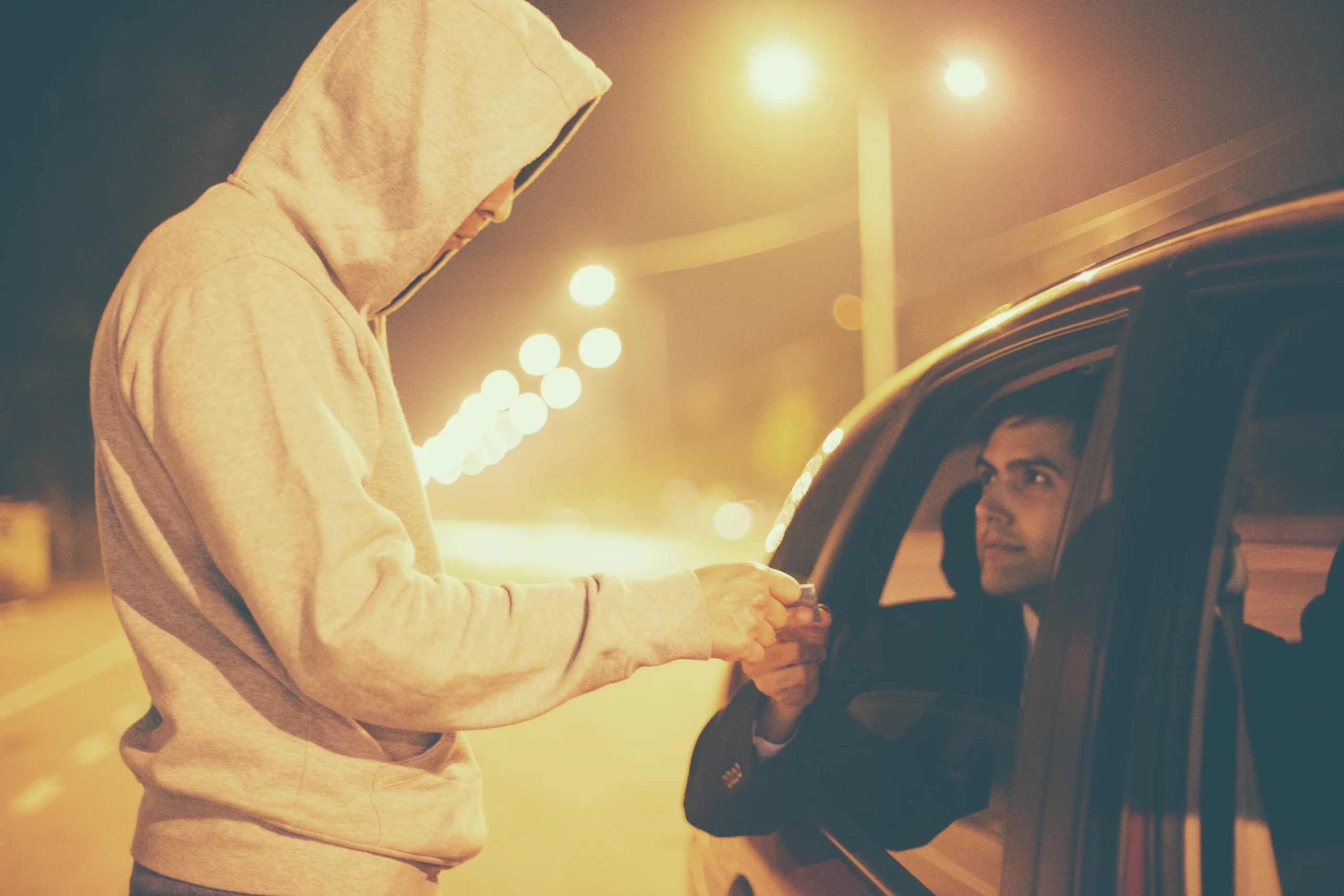How Does Drug Addiction Affect Relationships?

Drug addiction often impacts more than just the person struggling with the disease – in addition, their friends, family, coworkers and partners can also feel its effects. Some days might feel hopeless, but it is entirely possible to maintain a healthy relationship with a loved one facing addiction.
What is person-first language, and what does it have to do with relationships with individuals struggling with drug addiction?
In order to foster healthy relationships, we must hold love and respect for the other person in the relationship. There are a lot of pejoratives to describe those challenged by drug addiction – addicts, users, junkies, and many more. These terms inherently carry disrespect, disappointment and even contempt. They disregard the humanity of the person struggling with the disease.
Instead of using degrading terms to describe individuals struggling with drug addiction, make a conscious effort to employ person-first language – not only to those we are in relationships with but individuals at large challenged with substance use disorder. There are several options for expanding your vocabulary, including:
- Individual or person struggling with drug addiction
- Individual or person challenged with drug addiction
- Individual or person facing drug addiction
- Individual or person with substance use disorder
- Individual or person who uses substances
- Individual or person struggling with substance use
- Individual or person in recovery
What should I know about dating someone with a drug addiction?
We’re here to be honest with you: continuously working towards a healthy relationship with an individual facing drug addiction will not always be easy.
- It takes time. You may find yourself on frequent phone calls when your partner needs support, attending counseling together, and accompanying them to treatments.
- It demands mental and emotional strength. It is incredibly difficult to see your loved one suffering from such a personal challenge, and it can make you feel lonely and scared. Sometimes, your partner will lean on you to be the strong one in the relationship, even when it feels impossible for you to live up to that role.
- Relapse is always a possibility. As you likely know by now, recovery is not a linear journey and speed bumps are bound to happen. Be prepared for the worst and educate yourself on what to do in the event that your partner is incapacitated by relapse or overdose.
- Addiction and recovery will often take priority, even when you would rather go on a date night or not think about your partner’s disease.
- Put on your own oxygen mask first. Sometimes loving someone looks like knowing when to take a step back and put yourself first – you will not be able to care for someone else if your own mental wellbeing is suffering.
Is it possible to maintain a healthy relationship with a loved one facing drug addiction?
Once two people have committed themselves to each other and have acknowledged the challenges of dating someone with a drug addiction, it is certainly possible to sustain a healthy relationship. Every relationship is different, but here are some tips to keep in mind:
- Refrain from passing judgment, even if you are frustrated with where they are in their recovery.
- Truly support them through their recovery. If you use drugs recreationally, consider quitting in solidarity. If your friends invited you to a party where drugs will be present, politely decline in favor of a quiet night at home. If your partner asks you to attend a therapy session with them, go into it with an open mind.
- Cultivating healthy hobbies and habits together – cooking, hiking, taking daily walks, gardening, journaling, dancing, exercising, knitting, playing board games or doing puzzles are all great hobbies that can keep you busy and bring you closer together.
- Join them in celebrating their successes: going a certain number of days without using drugs, cutting ties with toxic friends, and rebuilding relationships harmed by addiction are all accomplishments worthy of praise.
- Acknowledge and address setbacks together. Holding your partner accountable will help keep them on the road to recovery.
How can my loved one seek treatment for their substance use disorder?
High Focus Centers PA offers outpatient drug and alcohol rehab through customized treatment plans. Everyone deserves to be treated with dignity and respect during their recovery, and we are committed to making that possible. Call today at 610-644-6464 to discuss your options.








